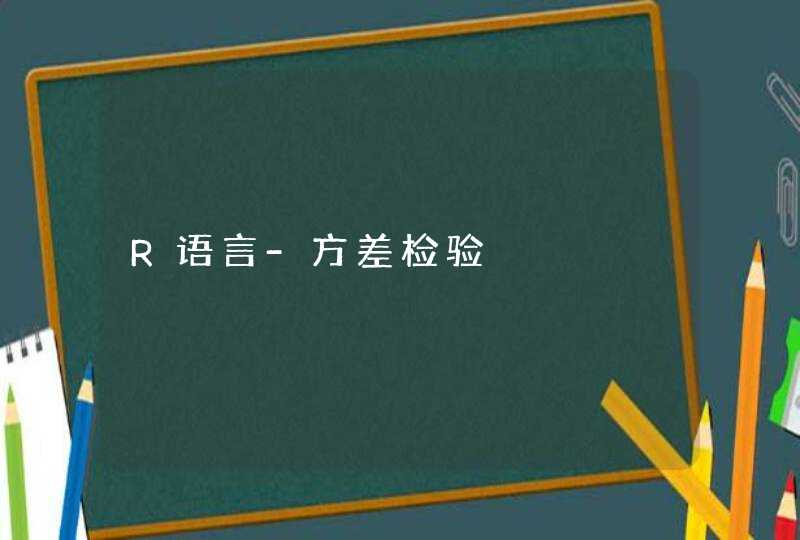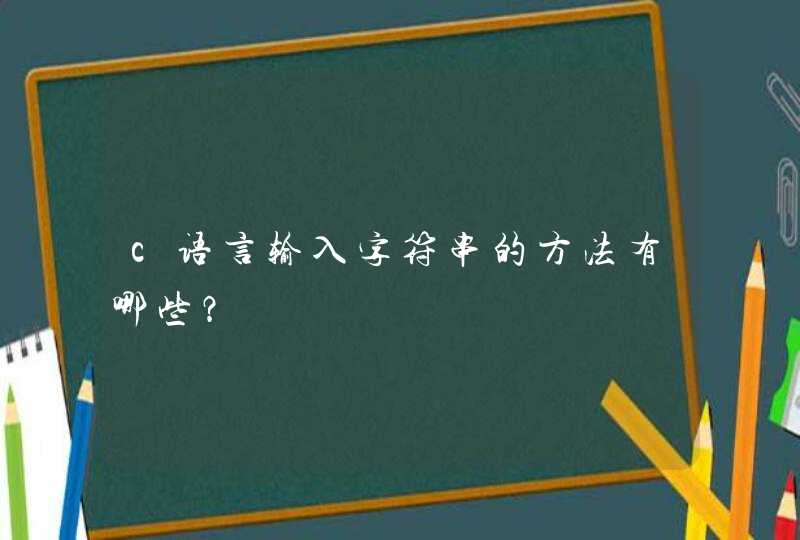
for(i=1i<=ni++)){
fact=fact*i
}
当i==1,fact = fact * 1 == 1 * 1
当i==2,fact = fact * 2 == 1 * 1 * 2
当i==3,fact = fact * 3 == 1 * 1 * 2 * 3
因为N!很大,所以用long表示还是嫌小。通常不会用int,long来表示。
会转义成char[](人工模拟)或者如下。
import java.math.BigInteger
import java.util.Scanner
public class Main {
public static void main(String args[]) {
Scanner scanner = new Scanner(System.in)
int count = 0
BigInteger sum = null
while (scanner.hasNext()) {
count = scanner.nextInt()
sum = BigInteger.valueOf(1)
for (int i = 1 i <= count i++) {
sum = sum.multiply(BigInteger.valueOf(i))
}
System.out.println(sum)
}
scanner.close()
}
}
如果需要重复的计算N!。
当N非常大时,每一次计算都会耗费非常多的时间。
所以会打一个表。用来保存计算过的N!。以空间换取时间。
确保在打表范围内,每一个N只会计算一次N!
package zhidao
import java.math.BigInteger
import java.util.Scanner
public class N {
private static final int MAX = 1000
private static BigInteger bis[] = new BigInteger[MAX]
public static void main(String args[]) {
Scanner scanner = new Scanner(System.in)
int n = 0
BigInteger sum = null
while (scanner.hasNext()) {
n = scanner.nextInt()
sum = BigInteger.valueOf(1)
// 方法1
// for (int i = 1 i <= n i++) {
// sum = sum.multiply(BigInteger.valueOf(i))
// }
sum = fact(n)
System.out.println(sum)
}
scanner.close()
}
public static BigInteger fact(int n) {
if (n == 0) {
bis[0] = BigInteger.valueOf(1)
return bis[0]
}
if (n < MAX && bis[n] != null) {
return bis[n]
}
System.out.println("calc" + n + "!")
BigInteger sum = BigInteger.valueOf(n).multiply(fact(n - 1))
bis[n] = sum
return bis[n]
}
}
console:
20
calc20!
calc19!
calc18!
calc17!
calc16!
calc15!
calc14!
calc13!
calc12!
calc11!
calc10!
calc9!
calc8!
calc7!
calc6!
calc5!
calc4!
calc3!
calc2!
calc1!
2432902008176640000
20
2432902008176640000
22
calc22!
calc21!
1124000727777607680000
可以看到,计算过的数据就不会重复计算了。
但是这又引入了一个新的问题。
就是当递归的长度过长的时候会导致stackoverflow,这又是另一说了。
我来修正一个错误;
if (n < MAX) {
bis[n] = sum
}
return sum
当n=1000时。
402387260077093773543702433923003985719374864210714632543799910429938512398629020592044208486969404800479988610197196058631666872994808558901323829669944590997424504087073759918823627727188732519779505950995276120874975462497043601418278094646496291056393887437886487337119181045825783647849977012476632889835955735432513185323958463075557409114262417474349347553428646576611667797396668820291207379143853719588249808126867838374559731746136085379534524221586593201928090878297308431392844403281231558611036976801357304216168747609675871348312025478589320767169132448426236131412508780208000261683151027341827977704784635868170164365024153691398281264810213092761244896359928705114964975419909342221566832572080821333186116811553615836546984046708975602900950537616475847728421889679646244945160765353408198901385442487984959953319101723355556602139450399736280750137837615307127761926849034352625200015888535147331611702103968175921510907788019393178114194545257223865541461062892187960223838971476088506276862967146674697562911234082439208160153780889893964518263243671616762179168909779911903754031274622289988005195444414282012187361745992642956581746628302955570299024324153181617210465832036786906117260158783520751516284225540265170483304226143974286933061690897968482590125458327168226458066526769958652682272807075781391858178889652208164348344825993266043367660176999612831860788386150279465955131156552036093988180612138558600301435694527224206344631797460594682573103790084024432438465657245014402821885252470935190620929023136493273497565513958720559654228749774011413346962715422845862377387538230483865688976461927383814900140767310446640259899490222221765904339901886018566526485061799702356193897017860040811889729918311021171229845901641921068884387121855646124960798722908519296819372388642614839657382291123125024186649353143970137428531926649875337218940694281434118520158014123344828015051399694290153483077644569099073152433278288269864602789864321139083506217095002597389863554277196742822248757586765752344220207573630569498825087968928162753848863396909959826280956121450994871701244516461260379029309120889086942028510640182154399457156805941872748998094254742173582401063677404595741785160829230135358081840096996372524230560855903700624271243416909004153690105933983835777939410970027753472000000000000000000000000000000000000000000000000000000000000000000000000000000000000000000000000000000000000000000000000000000000000000000000000000000000000000000000000000000000000000000000000000000000000000000000000000000000000000000000000000000000
import java.util.Scannerpublic class Text{
public static void main(String args[]){
System.out.println("请输入n")
Scanner sc = new Scanner(System.in)
int n= sc.nextInt()
int t=1
int i=1
while(i<=n){
t=i*t
i=i+1
}
System.out.println("n!="+t)
}
}
//补充,JAVA文件保存时文件名必须和类名相同。
用java8的stream处理起来,代码更简洁些
可以参考:
public static void main(String[] args) {String str = "1782"
while(str.length() != 1)
{
str = String.valueOf(Stream.of(str.split("")).mapToInt(Integer::valueOf).sum())
}
System.out.println(str)
}
中间那块函数含义也很简单
1. 先把这个字符分割成字符串数组
2. 字符串数组转化为对应stream
3. 把stream转化为IntStream
4. 直接用IntStream的sum方法求出和
5. 再把和转化为string,赋值给最开始的那个str
6. 然后判断str的长度是否为1,为1了就停止





































































